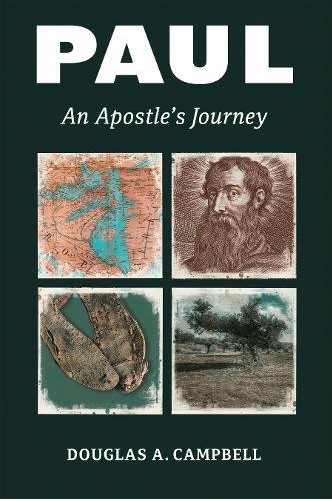 Many pastors and churches preach and (less so) practice tithing — that is, giving 10% of income to the local church. There is dispute on whether you pay 10% on total income or adjusted income, and some argue that the 10% measures total giving and not just to the local church.
Many pastors and churches preach and (less so) practice tithing — that is, giving 10% of income to the local church. There is dispute on whether you pay 10% on total income or adjusted income, and some argue that the 10% measures total giving and not just to the local church.
On top of that many also believe in “offerings” or “Christian charity.” Charity is what you give for those in need.
What does your church teach about “giving” or “stewardship”? Does it teach grace or something like the tithe? Does the New Testament ever teach the tithe? Why not?
As I read him, Rodney Reeves’ in his excellent Spirituality according to Paul: Imitating the Apostle of Christ, would argue otherwise. Reeves would say the apostle Paul believed (and practiced) neither the tithe nor charity.
Why?
Because of one simple word: grace. Grace revolutionizes us from those who tithe and give charity to people who pass the grace.
Reeves, who can tell a story in a book if anyone can (and there’s an art form to his chps), begins where no one would begin when it comes to Paul and work and money and giving. He begins with the idle Thessalonians to whom Paul said “anyone unwilling to work should not eat” (2 Thess 3:10). Yes, Paul sounds like an American here but this has nothing to do with us. In fact, what Paul is getting at indicts us. Let me explain.
Some silly Thessalonians had caved in on working and chosen to be idle. We are not sure why. Some say it was because they thought the Lord’s Day had come and they were waiting it out — so enthused were they about the imminent return they had given up working. Others think, because of a recent famine in Macedonia, some had chosen to loan themselves to the wealthy. Some think some in the church had decided they were teachers and, like Peter and James (perhaps), would rely on others for their income. Paul was himself not for that policy. But Reeves thinks the answer is simple: some had ceased working because they presumed on the hospitality, the generous hospitality, of the Thessalonian Christians.
Reeves observes that this grates American Christians. The Thessalonians were so hospitable they were easy to take advantage of. We think that early experiment in Acts is unrepeatable; we are self-sufficient; we aren’t all that hospitable — “the first gift of the church”; and we feel entitled to what we’ve “earned.”
None of this makes sense to Paul because Paul thinks everything we have is the result of God’s grace, that the material and the spiritual are tied together, and that our responsibility is to see that God’s grace is such that our duty is to pass the grace — we get in order to give. God rescues us and we respond materially, and others provide materially and we respond spiritually. It’s tied together.
The fundamental principle of Paul’s theology of money is reciprocity. God gives to us so we can become grace to others.
Paul doesn’t teach the tithe or charity. He teaches grace and grace is more radical and more revolutionary than the tithe and charity. I would say Paul was “post-tithing.” Tithing is pre-gospel.











